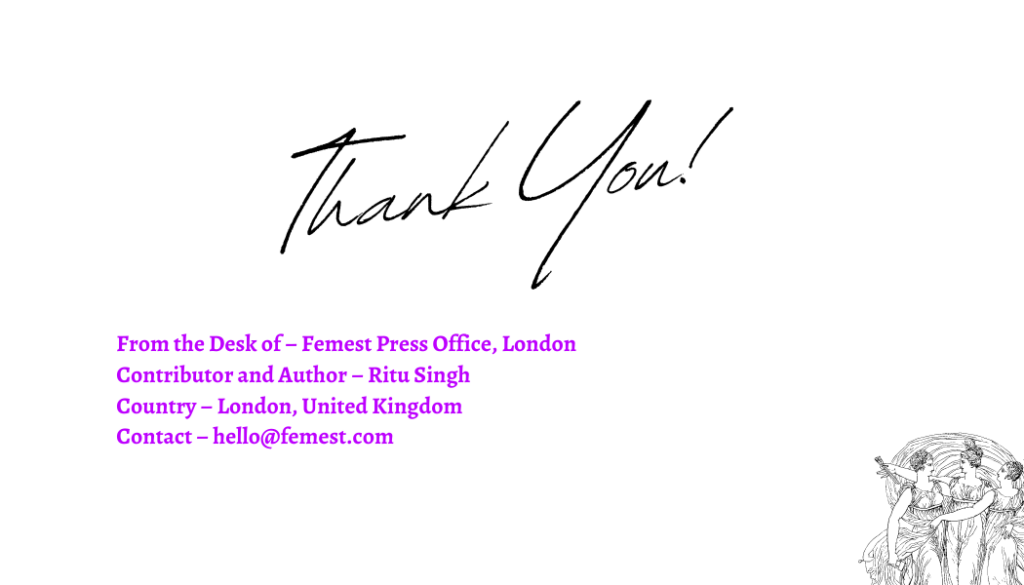Poppy’s journey from battling severe asthma to becoming a passionate advocate for women’s health is nothing short of inspiring.
A Lifestyle Presenter and Presentation Trainer, she has used her voice to raise awareness about hormone-triggered asthma, while breaking barriers in media. Today, she inspires others by sharing her story, fueling change and celebrating resilience.
Poppy, can you share a bit about yourself and the journey that has shaped who you are today?
With pleasure! I’m a Lifestyle Presenter and Presentation Trainer with a mixed English and Middle Eastern background — also a hormone health advocate, proud wife, cat mom, and a human-shaped ball of energy who loves life. But getting to where I am today hasn’t always been easy.
I was diagnosed with asthma at 11, which later developed into severe, brittle, life-threatening asthma. It meant constant GP appointments and hospital admissions, two respiratory arrests, and four induced comas on life support – the first at just 13, and three more in my early twenties.
Through it all, my amazing mom uncovered a pattern my asthma was being triggered by hormonal changes in my menstrual cycle – something rarely discussed. Despite female sex hormones being a significant trigger for many women, affecting asthma during periods, pregnancy, and menopause, research in this area is still very much underrepresented.
This is why I campaign with Asthma & Lung UK and beyond, to raise awareness around women’s health and asthma and to push for the research. Work-wise, I’ve had the joy of being in media for over 13 years now – collaborating with household names, traveling the world, and covering an array of lifestyle topics.
It’s not always glitz and glamour – there are long days, constant learning, and creativity – but I genuinely love it. I consistently wake up excited about what’s next. Alongside presenting, I’m passionate about helping others grow in communication as a Presentation Trainer. For years, my health took away my voice. Now, I have the privilege of using it – not just for myself, but for others, amplifying stories and bringing content to life.
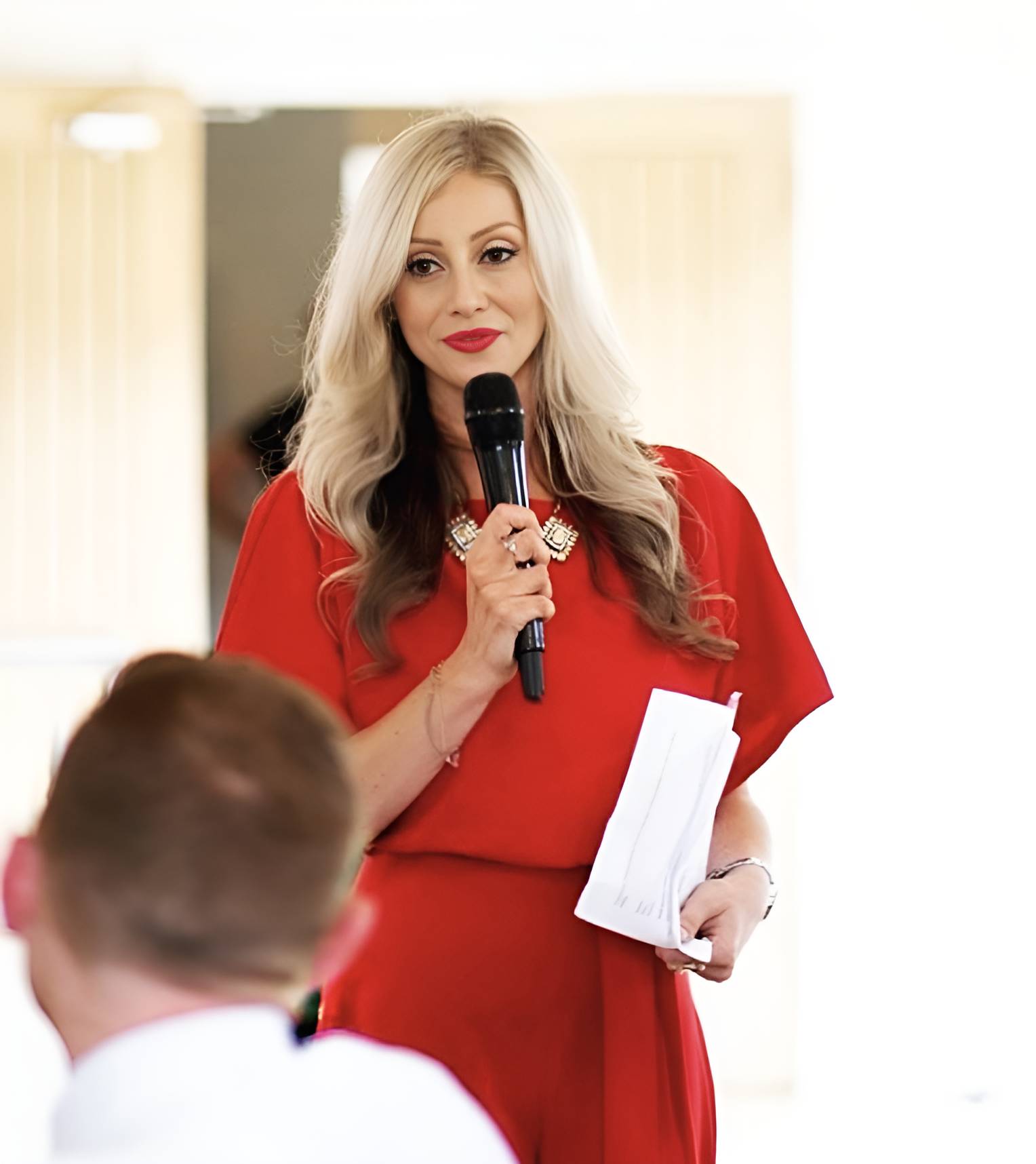
You were diagnosed with asthma at a young age. What was it like growing up with such a severe condition?
Growing up with severe asthma meant I was often in and out of the GP surgery or being admitted to the hospital. There were times when I couldn’t manage a full week of school, and later on, the same went for work as my condition progressed.
I’d have to miss out on trips and events, but whenever I did feel well enough, I made the most of those moments – doing all the things a young person does, even if it was just in bursts. Steroids often masked the root of the problem, so the good days felt a bit like borrowed time.
Flare-ups could leave me feeling like I was breathing through a straw for days, sometimes even weeks. Not being able to breathe is incredibly frightening, both for you and the people around you.
But through it all, I was lucky to be surrounded by an incredible support system of family and friends. The moments I could enjoy, I truly did – and if I’m honest, that became my ‘normal’ for a time.
Your mother played a crucial role in identifying a link between your asthma and hormonal changes. How did this discovery impact your approach to managing asthma, and what lessons did you take from it?
Thanks to my mum’s intuition and persistence, she was the first to notice a clear pattern between my asthma flare-ups and hormonal changes – something that wasn’t widely acknowledged in clinical settings at the time, and there’s still a lot of work to be done. She kept a paper diary, tracking everything, and uncovered the link.
At the time, I’ll admit I felt quite embarrassed to talk about it, especially as a young woman and especially when not everyone we (well, mostly my mom!) spoke to, took it seriously.
But over time, that discovery gave us a sense of control and understanding we hadn’t had before and highlighted just how overlooked this area of women’s health still is.
The biggest lesson it taught me is the importance of self-advocacy – or in my case, the power of having someone advocate for you when you’re not quite able to yourself.
Sometimes, the most meaningful breakthroughs come from listening to your body and trusting lived experience, even when the research hasn’t caught up yet.
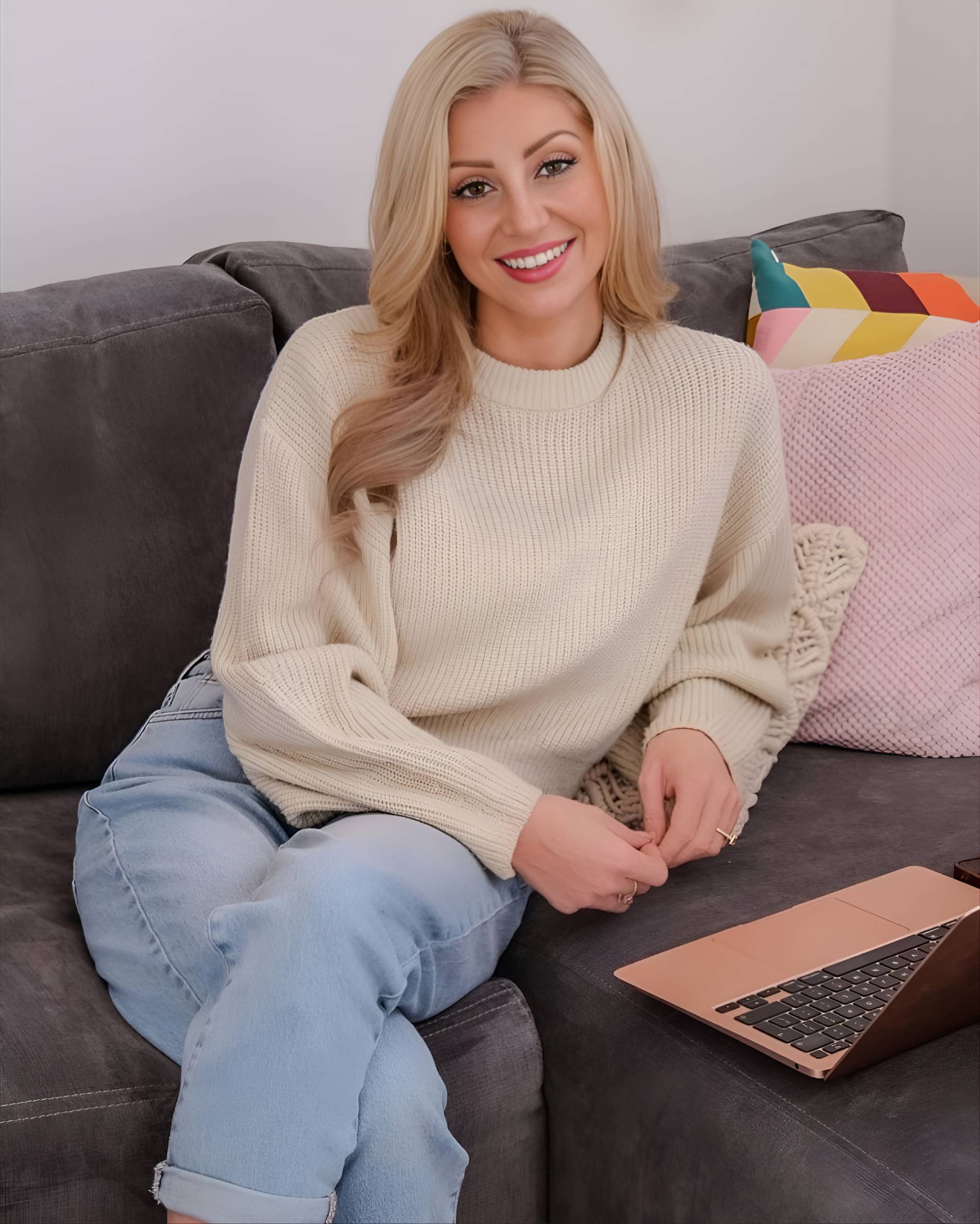
Despite the challenges, you became an advocate for asthma awareness and women’s health. What inspired you to take on this role?
When I received my very first biologic injection, I had to remain in the patient waiting room for several hours to monitor for any immediate side effects. It was during that time that my amazing mom spotted a magazine from Asthma & Lung UK – and, once again, she was the one who encouraged me to take the next step forward.
Alongside her, other family members played a huge part in that moment of momentum. I absolutely have to mention my grandma, too. We lived together in a multi-generational household, and she was not only one of my best friends but someone who quite literally saved my life by calling for help during emergencies over the years. Her presence and care have been just as instrumental in my journey.
I went on to train as a Speak Up for Asthma (SUFA) volunteer – and that was another turning point. From there, everything started to evolve.
Since then, I’ve shared my story across the UK, including at the Palace of Westminster, and abroad, raising awareness, amplifying patient voices, and pushing for real change in how we talk about asthma and women’s health.
Receiving biological treatment was a major turning point in your journey. How did it transform your life? What misconceptions do people have about biological treatment, and what would you like them to understand?
At first, I actually turned down the offer of a monthly biologic injection. I was needle-phobic, unsure about being on long-term medication, and honestly, I’d lost confidence that anything new would work after years of the same treatments with no lasting results.
I was also concerned about potential side effects, especially after being told I’d need to come off it if I ever wanted children, due to limited data on its safety during pregnancy (at the time, as this has now changed) – and at 21, that was a lot to take in.
But after my most traumatic flare-up, I knew I had to try. Within weeks of starting Xolair, my life changed – and I haven’t been admitted to hospital since.
Since then, life has opened up in ways I couldn’t have even imagined at the time. I got married to my incredible husband last year, my career is continuing to grow, and I truly feel like I have space to enjoy the things I love. Of course, there are still highs and lows, but I often stop and look around, feeling so grateful.
I can’t quite believe this is my life now. Being on a biological gave me the stability I hadn’t felt in years. A lot of people assume biologics are steroids but they’re actually targeted treatments that work in a very different way.
They’re not for everyone, but for some of us, they can be genuinely life-saving. I’d want people to know that it’s okay to be cautious and ask questions, but also that these treatments may offer a level of control and quality of life you might not think is possible.
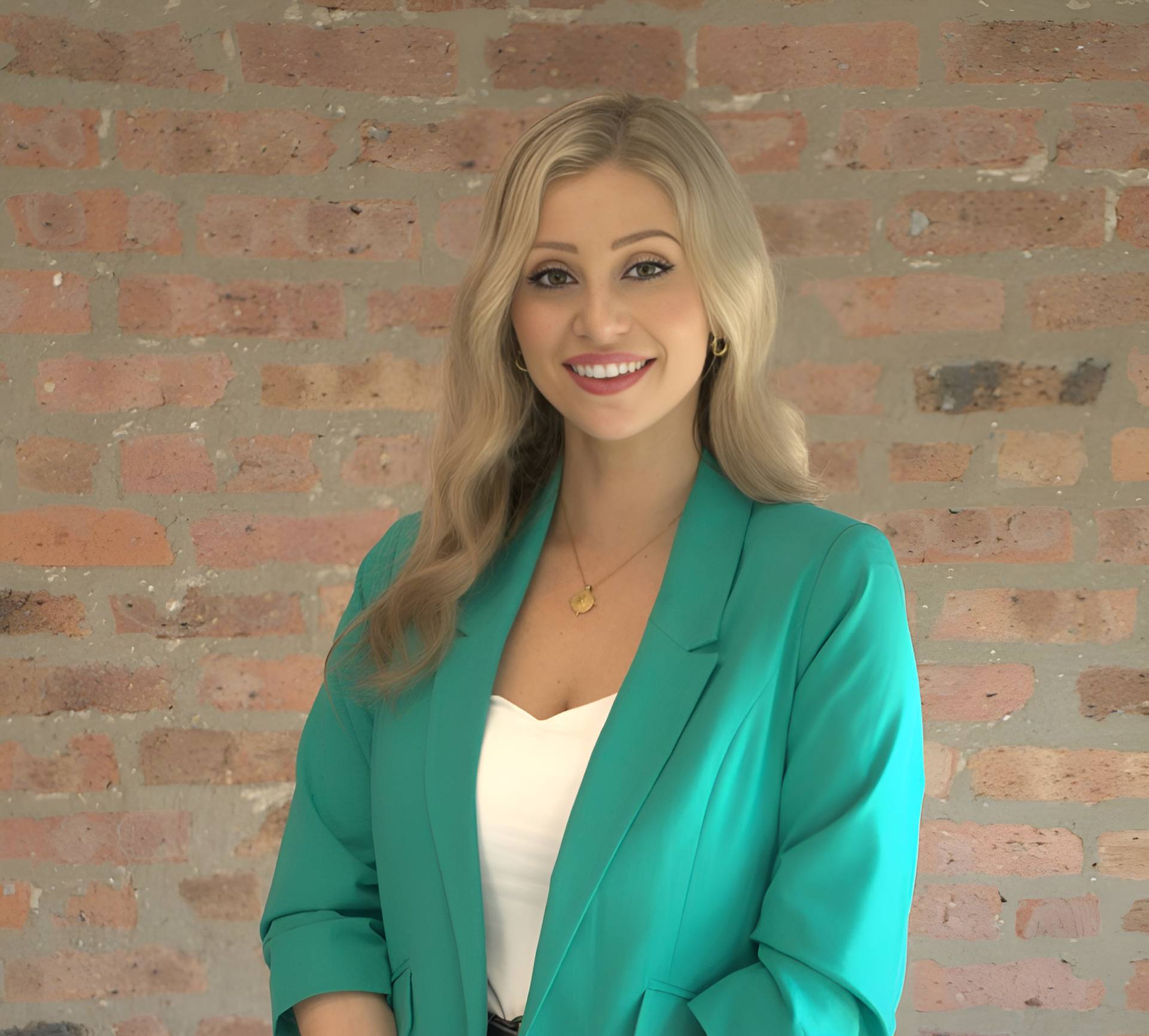
Was there a key moment in your health journey that reshaped how you view resilience and self-care?
Absolutely. After my last and most traumatic flare-up, which left me physically and mentally exhausted, I reached a breaking point. It was not only about survival – it was also about how I wanted to really live going forward.
You transitioned from event management to television presenting. What motivated you to pursue this dream, and how did you break into the industry?
That shift happened after this last episode in 2013 — one I was incredibly lucky to survive. While I also really enjoyed working in Event Management, being off work gave me time to reflect and the push I needed to go after a dream I’d once thought was completely out of reach.
I applied to several channels, landed a role at a shopping channel, and started behind the scenes as a producer. From there, I worked my way into presenting – and I’ve never looked back.
It was a leap into the unknown, but one that completely changed the course of my life. Along the way, I also trained in nutritional therapy, which ties in perfectly with my passion for health and has led me to some incredible opportunities in health-focused presenting, something I truly love!
With over 13 years in media, what have been some of your most memorable moments as a presenter?
Oh, there have been so many, it’s hard to choose! I’ve had the privilege of working with brilliant brands, traveling to incredible places, and meeting people from all walks of life, which is such a gift.
Some standout moments include interviewing Tess Daly, who I’ve always admired, and music legend Fatboy Slim – both were so lovely and amazing to speak with. Another surreal highlight was playing myself in an Audible advert for the podcast The Bias Diagnosis.
I shared my own health journey, alongside other incredible people sharing theirs, and portrayed my younger self. For one scene – a visual metaphor of asthma feeling like “breathing through wet cement” – a body double stepped in to showcase this in a purpose built ‘bath’ of oats, water, and food coloring!
But honestly, some of the most meaningful moments come from hearing other people’s stories. It’s often the real, unscripted conversations that leave the strongest impression.
And any time I get to speak about women’s health, asthma awareness, or advocacy on screen or on stage, this truly means a lot. Sharing stories and creating space for others to share theirs, is what makes this work so powerful.
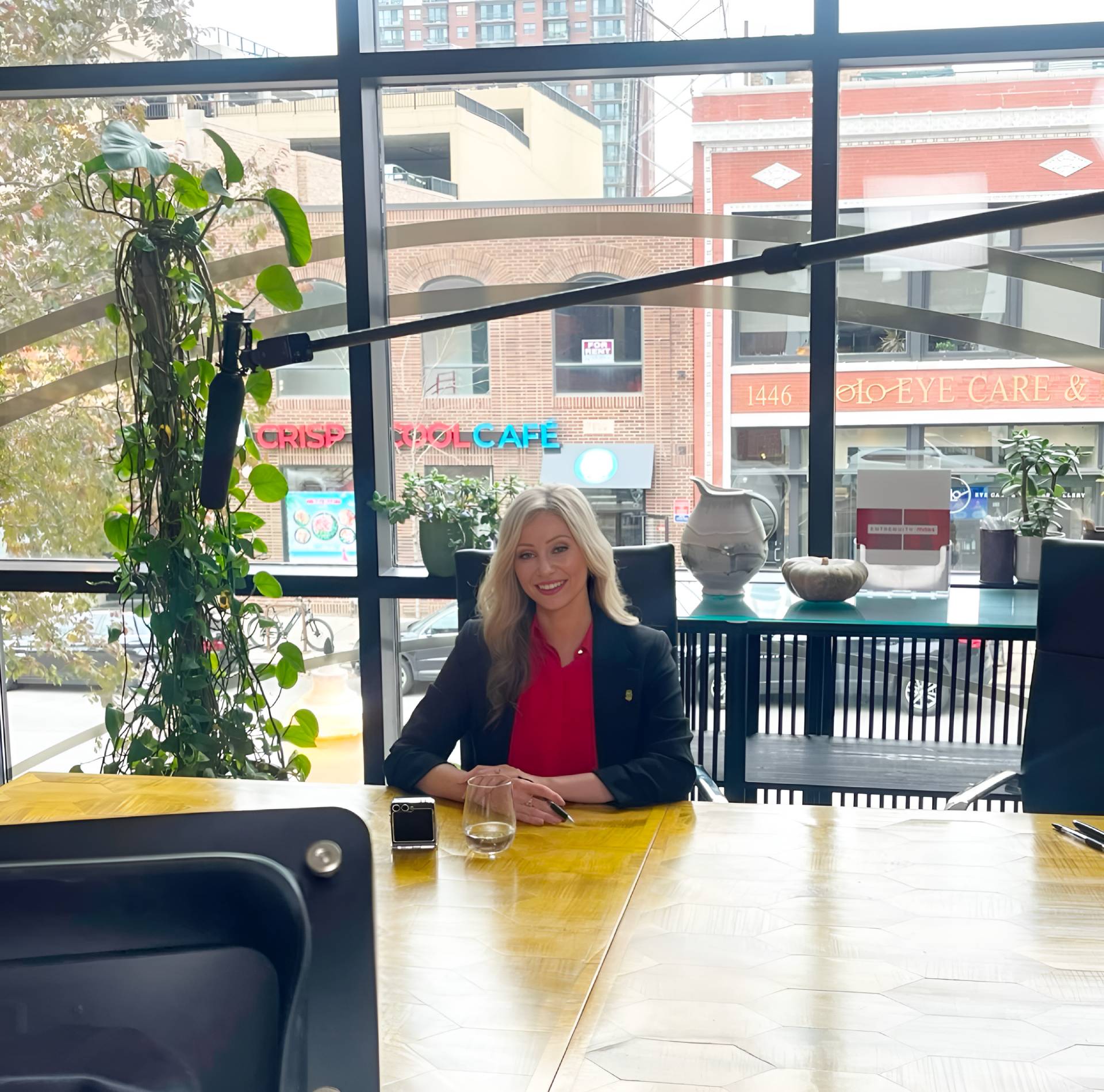
You’ve interviewed high-profile personalities across different industries. What strategies do you use to ensure your interviews are both engaging and thought-provoking?
Interviewing high-profile personalities is always very exciting, but for me, the real focus is making the conversation truly meaningful. I always think about the why – what’s the purpose for the person I’m interviewing, and who is the audience? That intention shapes everything.
My first and very important strategy is research. I go beyond the surface-level bio and really dig into their journey, past interviews, previous projects, or passions they’ve mentioned in passing. This helps me ask questions that feel fresh and personal, rather than predictable.
I also focus heavily on listening. It sounds simple, but active listening creates space for deeper, more spontaneous moments. Some of the best parts of an interview come from following up on something unexpected they’ve said, rather than sticking rigidly to a script.
My aim is always to create an environment where the guest feels comfortable enough to open up, and the audience feels like they’re part of a real, honest exchange, not just a polished promo. A mix of authenticity, warmth, humor, and genuine curiosity goes a long way in making that happen.
From TV screens to Westminster, you’ve used your voice for advocacy. What was it like addressing MPs on health inequalities, and what changes do you hope to see?
Addressing MPs on the health inequalities in asthma wasn’t just about sharing statistics; it was about sharing real stories and giving a voice to people who often go unheard.
I shared my own journey of being churned in and out of the system for years and the lack of understanding around the hormone link.
The change I hope to see? More inclusive research, better access to early intervention, and policies shaped with people, not just for them. And I’ll also keep using my platform to help push that conversation forward.
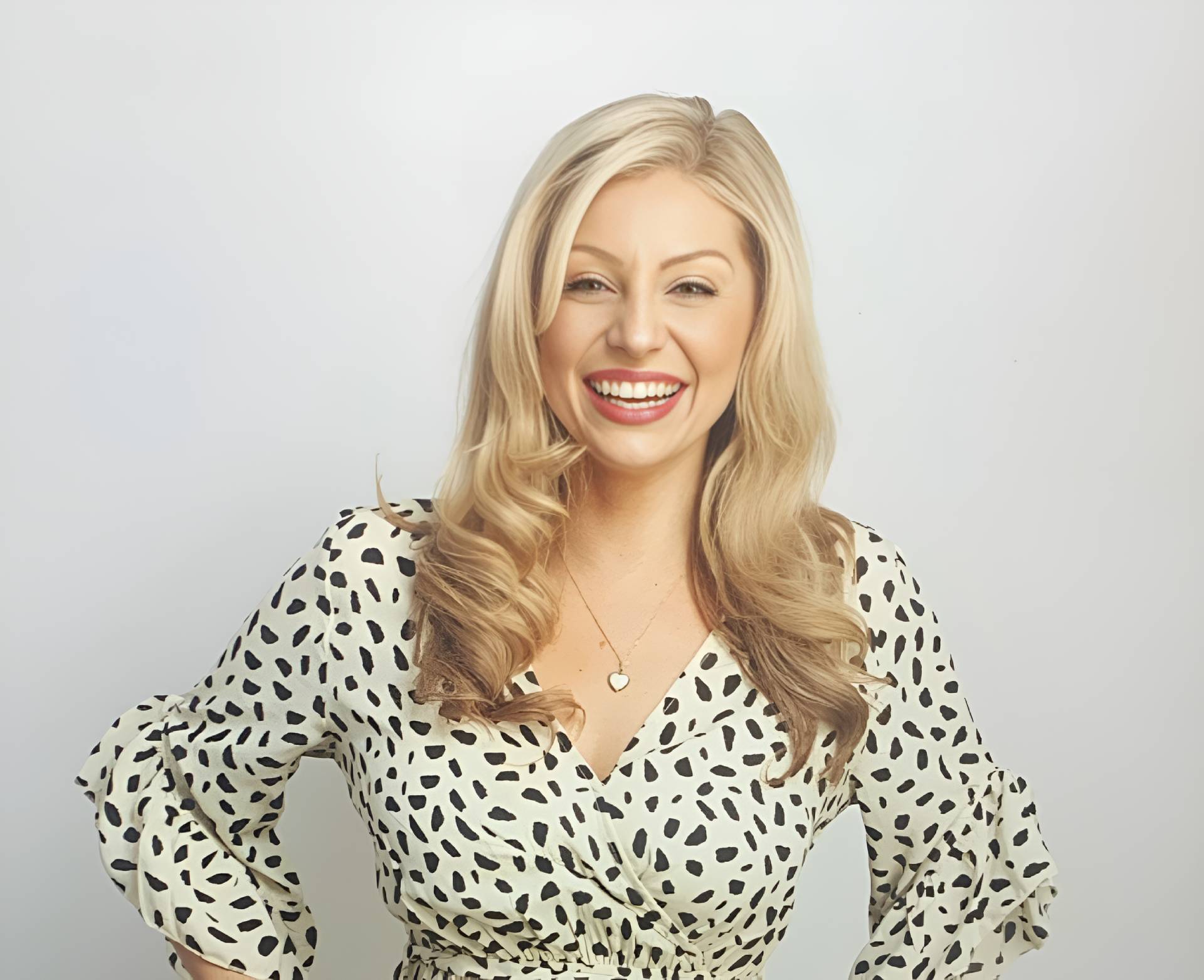
From your early struggles to where you are now, how has your definition of success evolved?
Now, success looks like waking up and being able to breathe freely. It’s about having the energy to do what I love and connecting with people (both on and off screen).
The fact that I get to live life with purpose, alongside those I love, after years of uncertainty – that’s the truest form of success I could ask for. Everything else is just the glitter on top!
Travel is another huge part of what makes me feel alive. Exploring new places, meeting new people, and experiencing different cultures gives me so much inspiration, both personally and professionally.
After so many years of my world being restricted by illness, getting to travel without worry and experience life to the fullest now feels like pure magic.
So yes, I still dream big and work hard – but my version of success includes shared amazing experiences and a whole lot of laughter along the way.
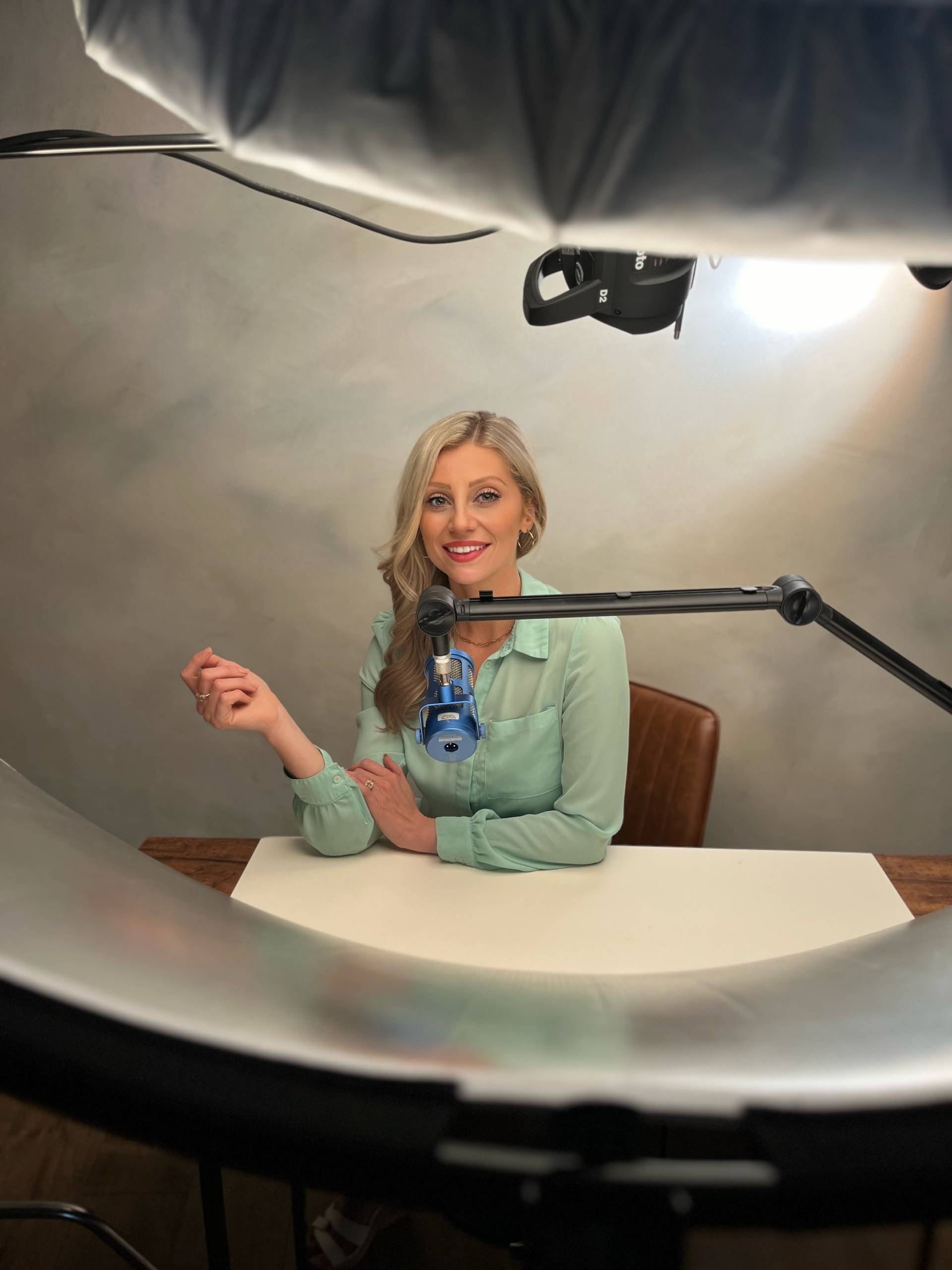
What advice would you give to women who feel like their health struggles are holding them back from achieving their dreams?
Don’t give up on your dreams. You’re allowed to work on your health and still have big goals – the two don’t cancel each other out, even if it might feel that way sometimes (it certainly did for me at times).
Even the smallest steps count, and they’ll look different for everyone — they’re not always forward, and that’s okay. Some days will be harder than others, and progress might feel slow or even non-existent.
But what matters most is keeping your dreams in sight and being kind to yourself along the way. Progress isn’t always loud or dramatic – sometimes it’s just quietly showing up, in whatever way you can.
What’s next for you? Are there any exciting projects or goals you’re currently working on? There’s always something bubbling away!
After lots of planning and two trips to Chicago, where I co-hosted a brand-new health series called Health, Matters!, the first episodes of Season 1 are now live on LinkedIn.
The series is all about making important health topics more accessible and relatable – breaking down complex science and sharing real-life stories with leading medical experts.
I’m also continuing to grow my work as a presenter and presentation trainer, and I’m currently developing an online presentation training course, set to launch later this year – something I’m really passionate about and can’t wait to share!
There are also some exciting and important collaborations coming up around hormone education, which I’ll be talking about soon on Instagram and LinkedIn
And personally? I’m looking forward to making more amazing memories with the people I love, continuing to explore new places, and soaking up all the joy that comes with both work and life!
